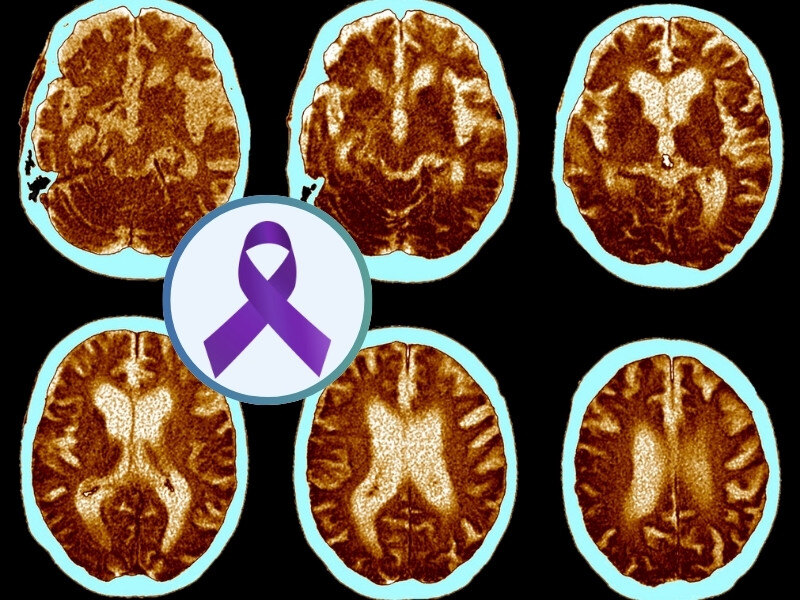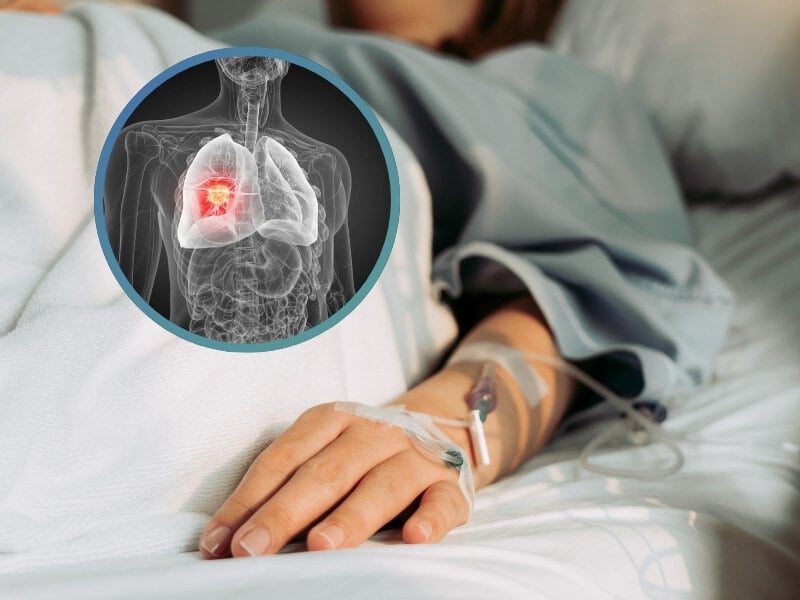Feinstein Institutes Links Blood Biomarkers to Psychosis in Alzheimer's Patients

Jeremy L. Koppel, a geriatric psychiatrist working within the Feinstein Institutes for Medical Research says: “Psychosis is exceptionally prevalent in people with Alzheimer's disease, and there is a need to easily detect a person's risk for developing those behaviours to intervene and improve care ultimately.”
That's why Koppel, an Associate Professor within Feinstein's Institute of Molecular Medicine, led research alongside Assistant Professor colleague Jesus J. Gomar to investigate predictive biomarkers for psychosis in Alzheimer's patients.
%20(Custom).jpg?width=600&height=410&name=News_KG_2024%20(1)%20(Custom).jpg) Jeremy L. Koppel (left) and Jesus J. Gomar (right) of the Feinstein Institutes for Medical Research (Credit: Feinstein Institutes).
Jeremy L. Koppel (left) and Jesus J. Gomar (right) of the Feinstein Institutes for Medical Research (Credit: Feinstein Institutes).
Published in the Journal of the American Medical Association (JAMA) Psychiatry, their research investigates a blood biomarker that indicates whether an Alzheimer's patient will develop psychotic symptoms.
This study comes after Koppel received a grant from the National Institutes of Health of almost $500,000 for his investigations Alzheimer's markers and psychosis. Furthermore, the Alzheimer's Foundation of America recently invested $1 million into research on psychotic symptoms like hallucinations, delusions, and aggression, some of which funded Koppel's study.
They looked at two proven Alzheimer's disease neurodegenerative biomarkers. The first was an increase is plasma tau that has a phosphorylated threonine at base 181 (ptau181). Secondly, they looked for neurofilament light chain (NfL), a neuronal component that is known to be associated with pathology when detected in the blood.
Koppel and Gomar studied data collected from the Alzheimer's Disease Neuroimaging Initiative (ADNI) relating to 752 patients diagnosed with Alzheimer's or mild cognitive impairment. They assessed the connection between the levels of ptau181 and NfL in these patients' blood and the development of delusions and hallucinations over time.
Findings showed that these two proteins were predictors of the psychotic symptoms of Alzheimer's disease.
“This study’s results show that elevated plasma levels of specific tau proteins may serve as a biomarker and open up the doors to develop an easily accessible and accurate blood test to identity psychotic risk in these patients,” said Koppel.
Higher levels of ptau181 and NfL were associated with the development of psychosis symptoms in the Alzheimer's patients. Plasma ptau181 levels increased before to the onset of psychosis, then dropped. These effects were less prominent in those with other tau-related disorders, such as primary age-related tauopathy (PART), where ptau181 levels are lower than in Alzheimer's disease.
“Millions of people with Alzheimer's disease need more targeted and effective diagnosis and treatments, as well as a deeper insight into its molecular mechanisms,” said Kevin J. Tracey, president and CEO of the Feinstein Institutes and Karches Family Distinguished Chair in Medical Research.
He continued: “Drs. Koppel and Gomar’s new research shows the potential for a blood diagnostic test to identify the condition and advance our understanding of this complex and debilitating disease.”





